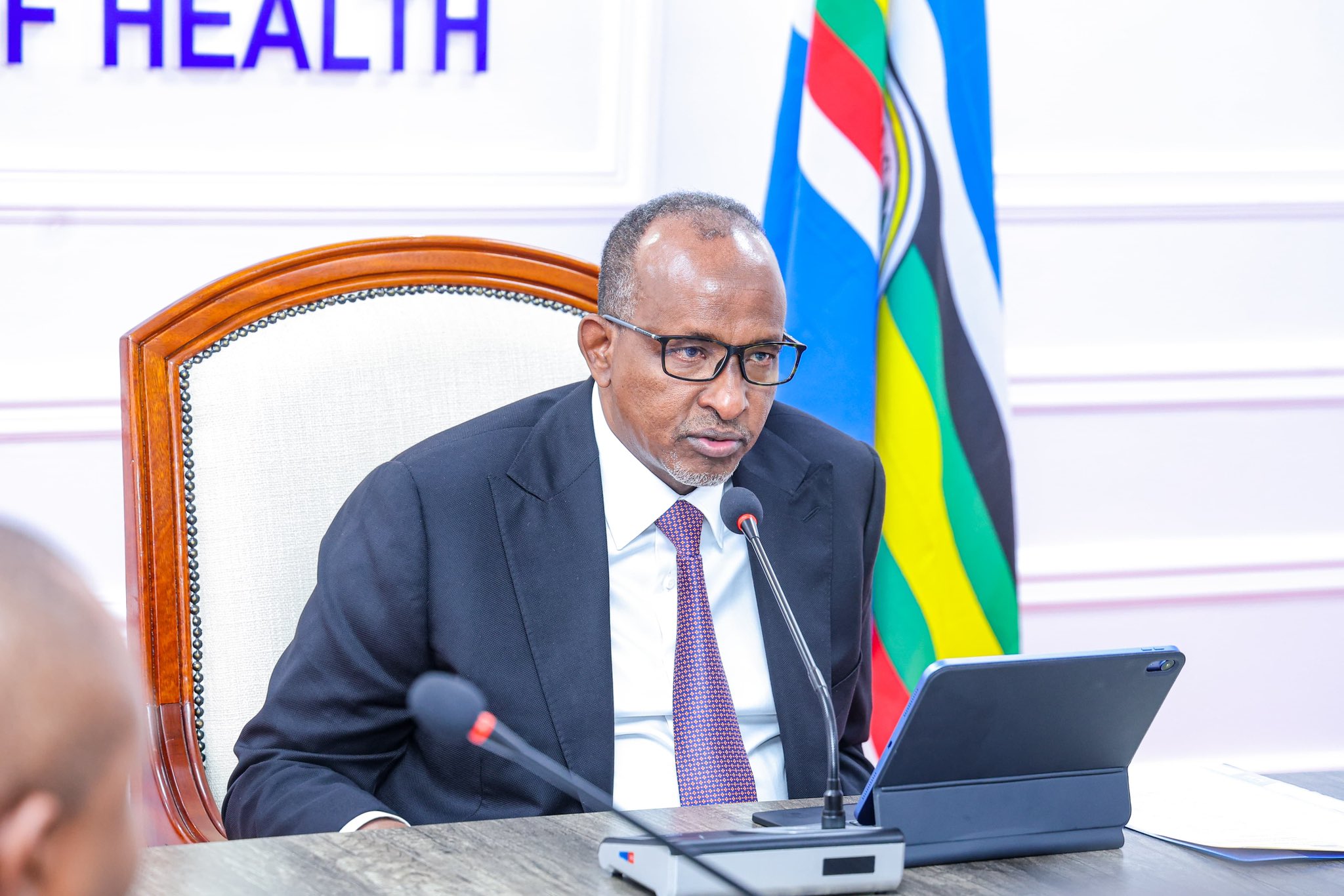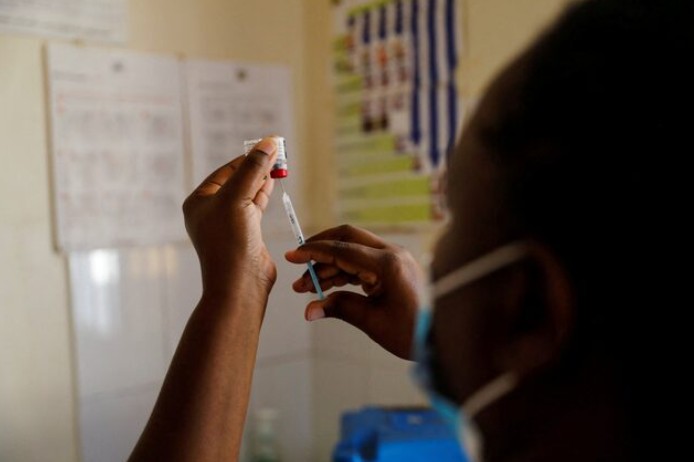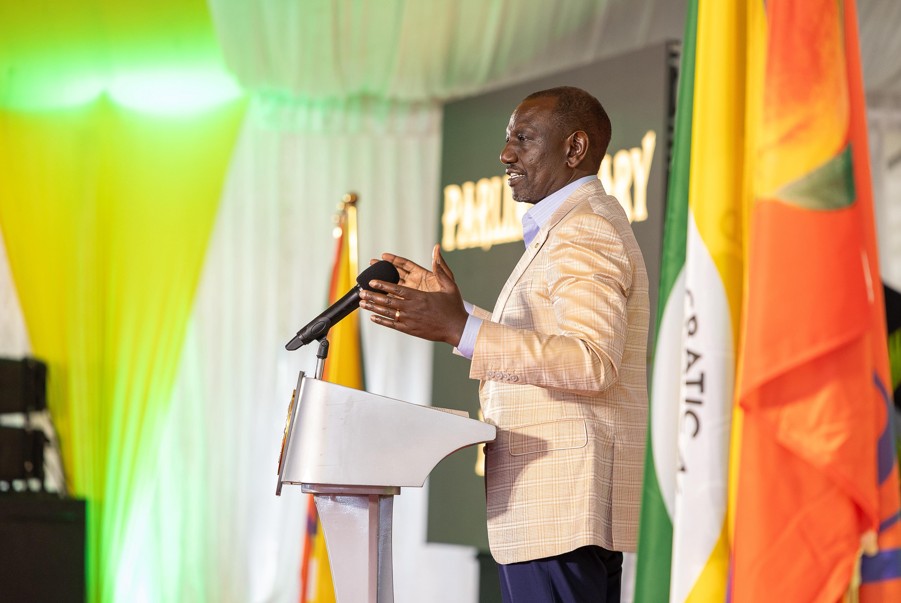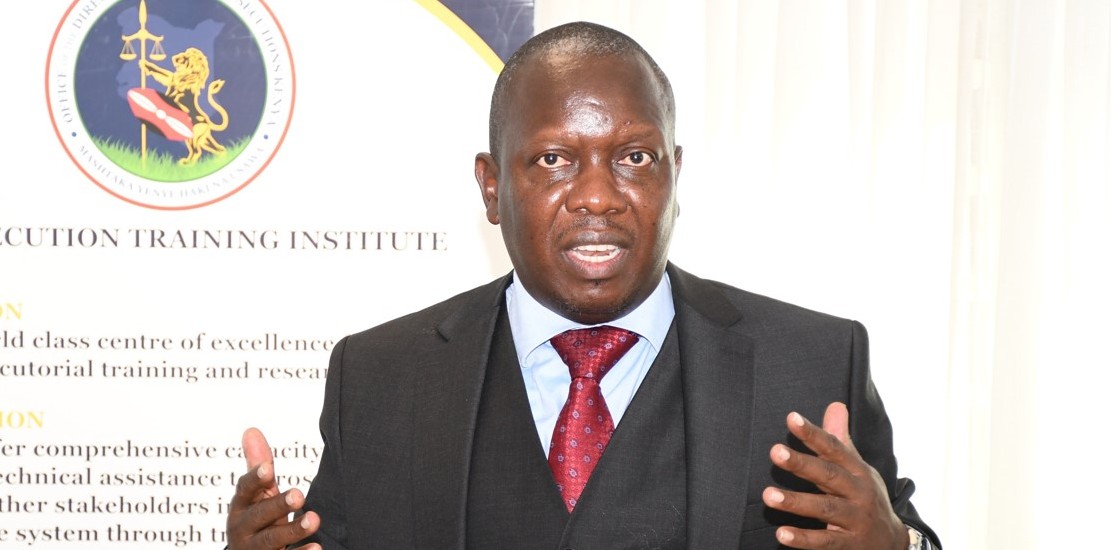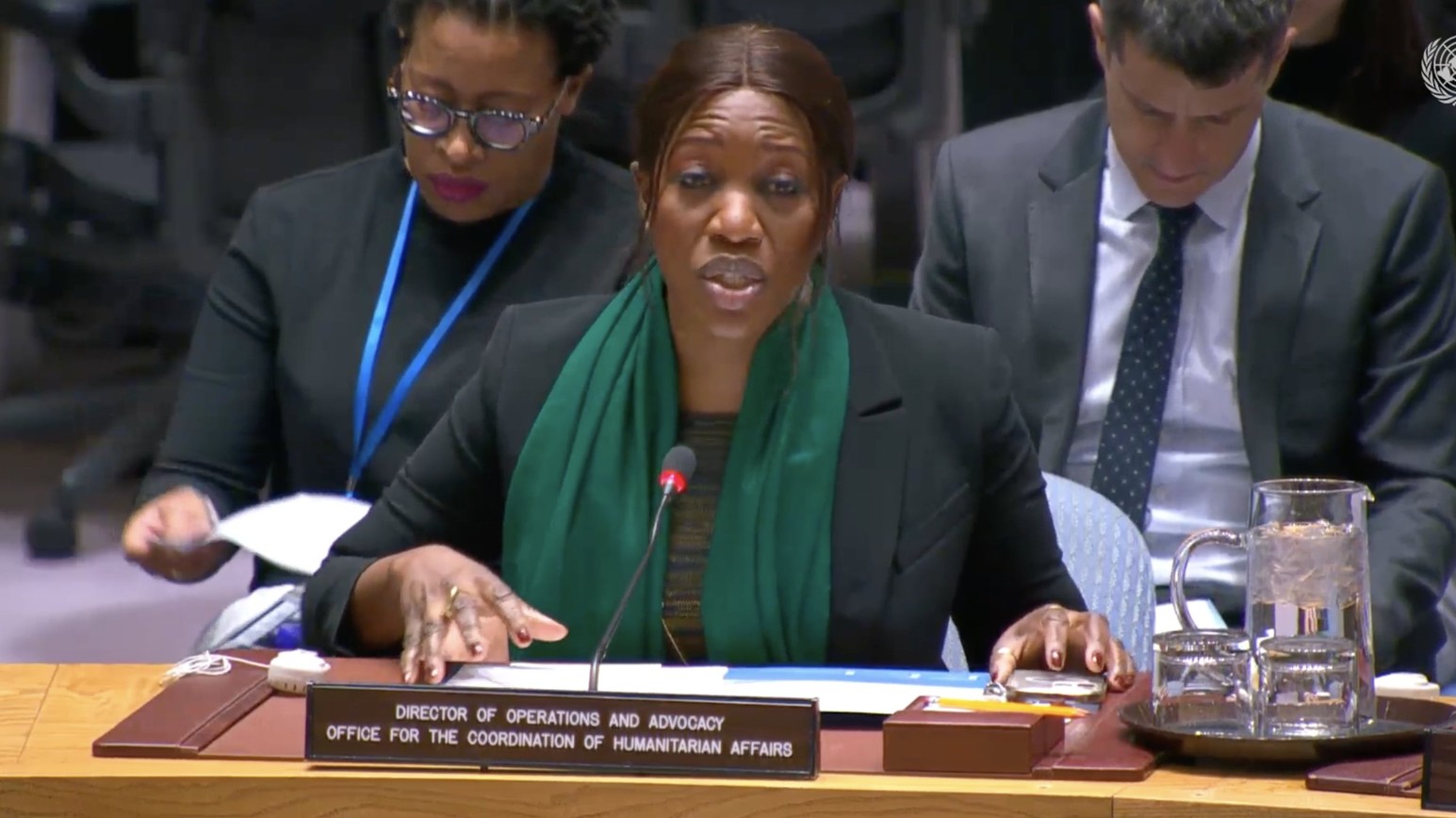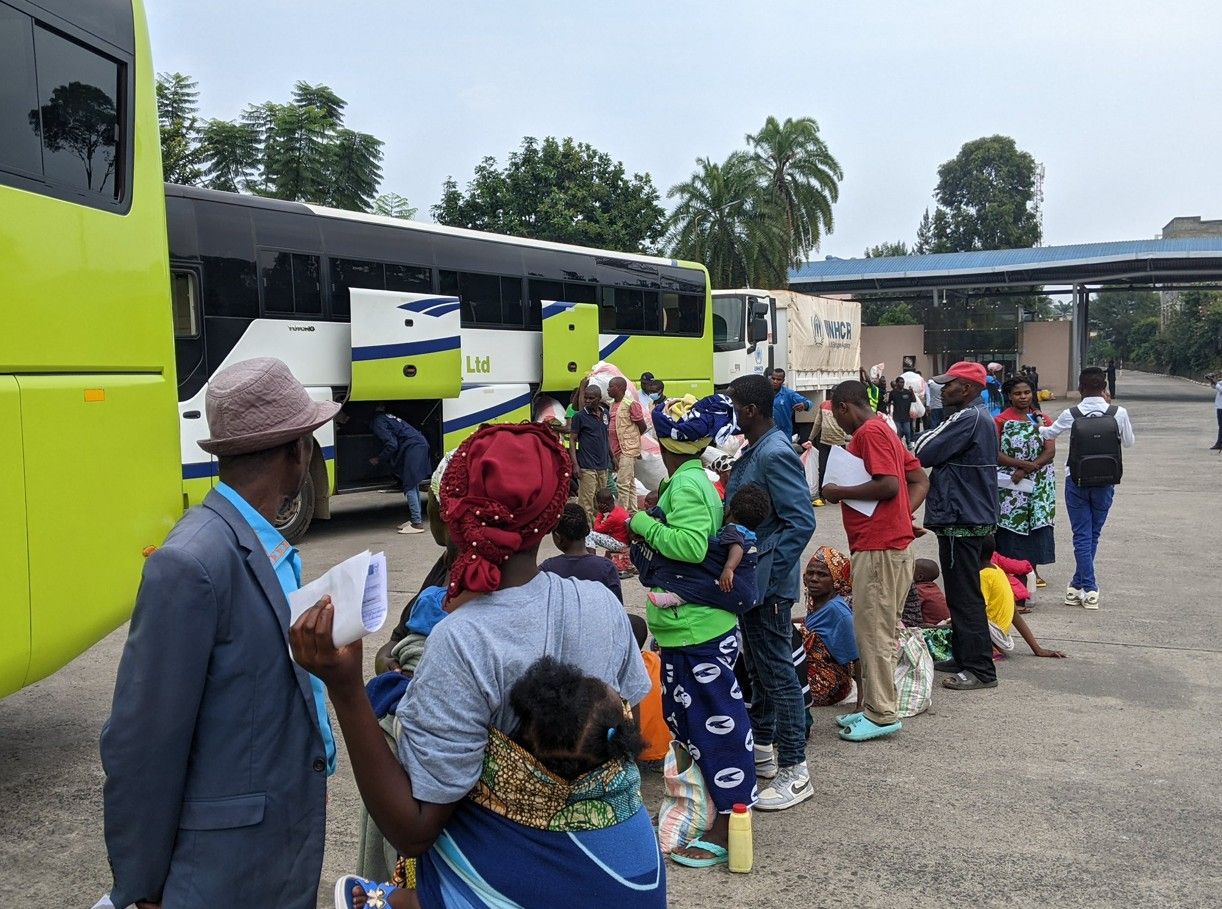President Ruto declares August 27 Katiba Day to commemorate 2010 Constitution
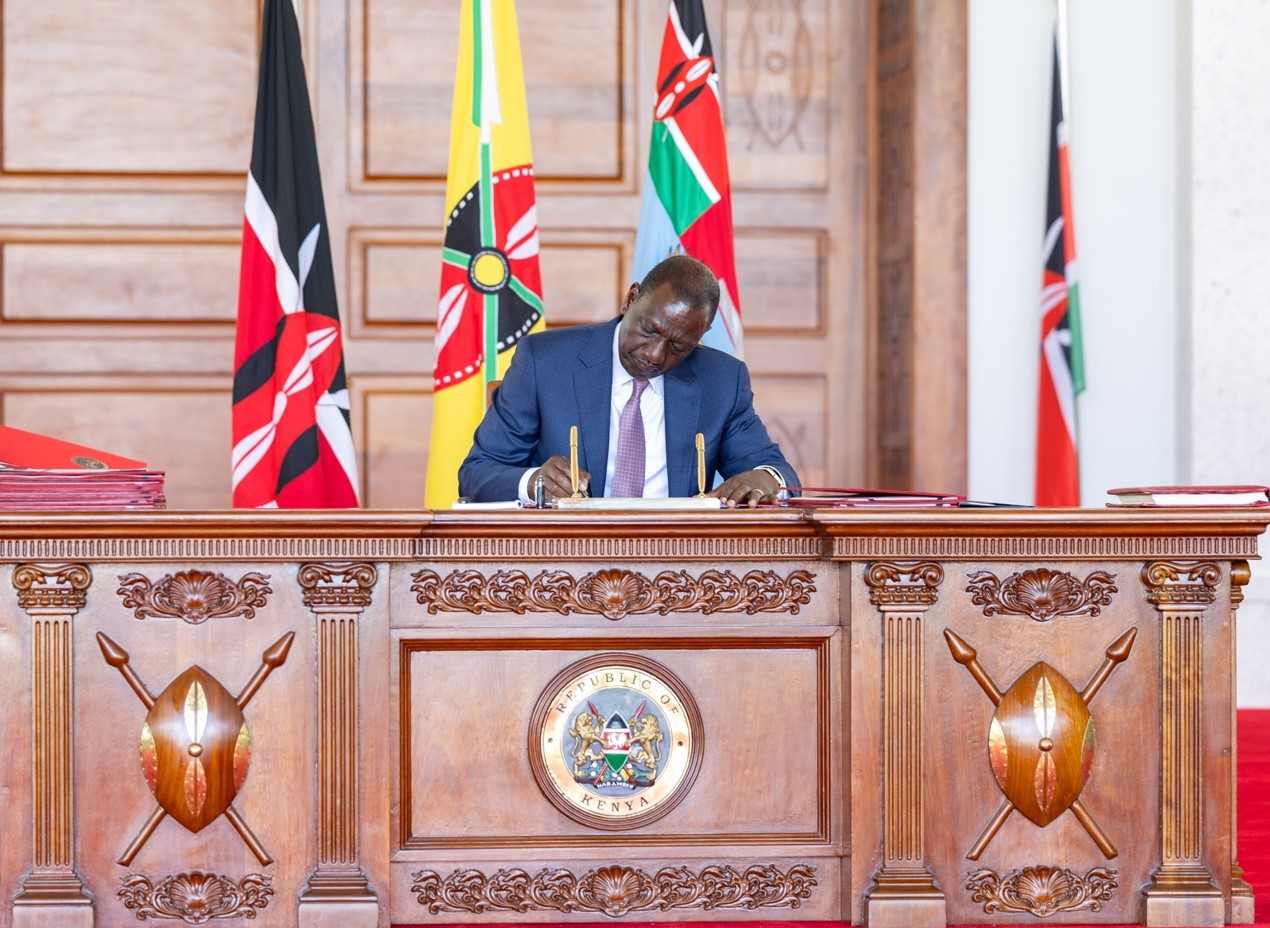
While Katiba Day will remain a working day, all government institutions across the three arms of government and two levels of governance, including schools, are required to organise and participate in civic activities aimed at promoting constitutional awareness and civic engagement.
President William Ruto has officially designated August 27 as “Katiba Day” to commemorate the promulgation of the Constitution of Kenya in 2010, highlighting the nation’s ongoing commitment to constitutionalism and citizen-centred governance.
In a presidential proclamation dated August 25, 2025, Ruto said August 27, 2010, was a pivotal moment in Kenya’s history, reflecting the sovereign will of the people and revitalising the principles and values of democracy.
More To Read
- National Assembly annuls 17 government regulations for contravening Constitution
- Explainer: What is anticipatory bail and when should it be granted?
- Why Opposition’s parallel tribunal aimed at tackling State injustice is within legal bounds -expert
- Why I am best suited to lead Kenya - former CJ David Maraga
- Kibwana: Kenya’s leadership crisis rooted in failure to uphold Constitution
- Kenya abductions: The powerful legal shields citizens and courts can use – Expert
He noted that the Constitution ushered in a transformative period for Kenya, emphasising devolution, equitable development, citizen-centred governance and protection of fundamental rights.
“The promulgation of the Constitution of Kenya 2010 marked a defining moment in our nation’s history, heralding a new era of constitutionalism, citizen-centred governance, devolution and equitable development, protection of fundamental rights and freedoms, and a shared aspiration for a more just, equitable, and prosperous nation for all,” he said.
According to the President, August 27, 2025, marks the fifteenth anniversary of the Constitution, which he described as “universally acclaimed as one of the most transformative and progressive in human history.”
He said the anniversary presents an opportunity for Kenyans to reflect on their duty to obey, preserve, protect, and implement the Constitution.
The proclamation states that August 27, 2025, and every 27th of August thereafter shall be observed as Katiba Day. The day will be marked throughout Kenya and in all Kenyan diplomatic missions abroad as a time to renew commitment to constitutional ideals, foster national dialogue on governance, and uphold the rule of law.
While Katiba Day will remain a working day, all government institutions across the three arms of government and two levels of governance, including schools, are required to organise and participate in civic activities aimed at promoting constitutional awareness and civic engagement.
Kenya’s 2010 Constitution was the culmination of decades of public demand for a more inclusive and effective framework of governance, replacing the colonial-era Constitution adopted at independence in 1963.
By the late 1990s and early 2000s, it had become clear that the old Constitution was inadequate for a growing and diverse nation. The country faced numerous political and social challenges, including corruption, human rights abuses, and an over-centralisation of power, exposing the limitations of the existing legal framework.
In response, the government established the Constitution of Kenya Review Commission (CKRC) in 2000, led by Professor Yash Pal Ghai. The commission undertook extensive nationwide consultations, gathering input from citizens eager for meaningful reform.
However, the process encountered resistance, and disagreements over proposed changes delayed progress. A draft Constitution presented in a national referendum on November 21, 2005, was narrowly rejected, underscoring the need for further dialogue.
Efforts accelerated after the post-election violence of 2007-2008, which highlighted urgent structural weaknesses in governance, electoral systems, and national cohesion. In 2008, the formation of a coalition government included a commitment to constitutional reform, leading to the establishment of the Committee of Experts on Constitutional Review. This committee drafted a revised Constitution that incorporated lessons from earlier efforts.
The final draft was approved in a referendum on August 4, 2010, with overwhelming public support. The 2010 Constitution introduced transformative reforms, including the creation of a devolved system of government with 47 counties, each with elected leadership to promote regional development and bring governance closer to the people.
It also expanded protection of individual rights, enshrining economic, social, and cultural rights alongside fundamental freedoms such as freedom of speech, assembly, and association, establishing a more democratic and citizen-centred governance framework.
Top Stories Today
